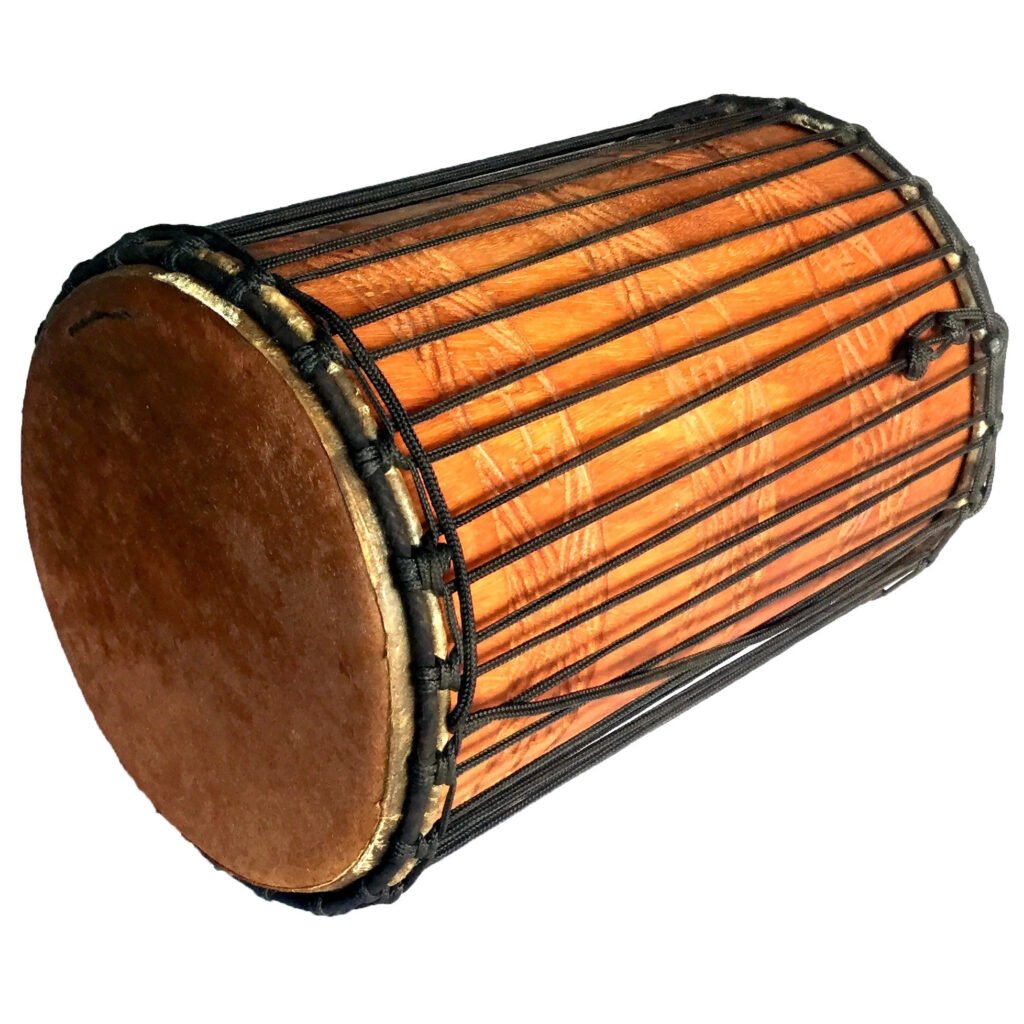I am not a musician, but I’m a music fanatic. I started reflecting on what music means to me and the role it plays in my life. This role has changed in different moments in life, but it’s a good reminder as to how people relate to music.
Listening to music helps me to strengthen, express, and control my emotions. Nothing lifts my mood up better than listening to amazing music and sometimes, dancing. Imagine being in the shower without singing or being in a car without jamming along to the radio. Singing along is a great way to bond with family, friend or with a romantic partner.
Listening to the right kind of music helps you feel your way through your emotions. There’s no better way to feel your sadness or emotions away than through music. It is a universal language. It helps you connect with the artist because you realize you’re going through the same life experiences or you can at least relate to them.
What does music mean to you?
I asked a few people around me what music meant to them. The responses were very alike in the sense that music has an emotional effect on us. Music can be so hard to define, but it’s somewhat easy to describe how it leaves an effect on us. Here’s a list of their responses.
Music brings me peace and calm. It makes introspect when I’m having a bad day.
Bernice, Abuja.
It’s a getaway because it keeps me distracted from real-life issues.
Emeka, Abuja.
It is an emotional cushion. I go to music when I’m escaping reality.
Ahmed, Abuja.
Music is so many things to me. It is like a spice that spices up my life. When my goals seem crazy to others and make me doubt myself, music directs and motivates me into believing that crazy ideas are the ones that have the greatest impact. It makes my life interesting.
Manasseh, Jos.
It has different meanings to me depending on my mood. If I’m bored, it helps me relax. It feels like a partner that is always there to distract me, entertain me an motivate me.
Jeff, Abuja.
Depending on the type of music. Some motivate me, some help me reflect about life while I just enjoy the melody of others.
Ishaq, Kano.
Music to me is a way to pass time. It is relaxation.
Ese, Abuja.
It has some sort of calming effect on me. Most times, it is my way to run away from conversations.
Temi, Abuja.
Music In Nigeria
Music is a part of the Nigerian culture and that of Africa as a whole. It has always had its place in the lives of the people from the various ethnic groups of Nigeria. Traditional music in Nigeria is strongly tied to extra-musical events which provide a means of expressing group solidarity and transmitting traditional norms and beliefs from one generation to another.
Nigerian music is one of my favorite types of music to listen to even though it has been westernized an awful lot. Although the Western instruments have not fully taken over the Nigerian music scene, it has gained credibility in the industry. Nigeria’s Afrobeats, High Life, Hip Hop, Reggae, Fuji, and several other genres of music now make more use of western instruments.
Here are three instruments from the three largest ethnic groups in Nigeria
The Yoruba Dundun
The most common type of Talking Drum among the Yoruba is called Dundun. Europeans sometimes refer to it as an hourglass-drum, because of its shape. It has two membranes, of which just one is beaten. The leather strings connecting the membranes are gripped by the drummer’s left hand, and by tightening them, he can raise the pitch of the drum.
It is popularly considered to be the most expressive of all the African drums and is believed to have originated from divinity. In the south-western part of Nigeria, the Dundun is traditionally regarded as the instrument of the Kings. It plays an important role in African royal households, giving a formidable cultural link with various histories and ancestry.
Demonstrating the creativity and genius of the African arts, the Dundun adds flavor, color, glamour, and emotion to ceremonies, events, and worship.
The Hausa Kaakaki
It is used in the ceremonial music of certain traditional states in the east and south of the Republic of Niger. In the central and northern zones of Nigeria, the Kaakaki was predominant among Songhai cavalry. Its sound is associated with royalty and it is only played at events at the palace of the king or sultan in Hausa societies. It is used as part of the sara, a weekly statement of power and authority. Kaakaki is exclusively played by men.
The Igbo Ogene
This is the tribe I know has successfully managed to infuse our traditional music with western style. Ogene is the traditional Igbo gong, but its use has minimized because of the arrival of western instruments. It is used by the town crier to spread information and it is used for several other traditional kinds of music.
Its history in the south-eastern part of Nigeria can be traced to Achi in Enugu State and Awka in Anambra State. Ogene is created by blacksmiths and it has seen its way through mainstream Nigerian music thanks to songs like Zoro’s “Ogene”. So I like the way the Ogene has evolved and been infused into the ‘modern’ music.
There are several other musical instruments used for music in Nigeria, There are over a hundred different Nigerian instruments as different parts of the country deal on different instruments.

